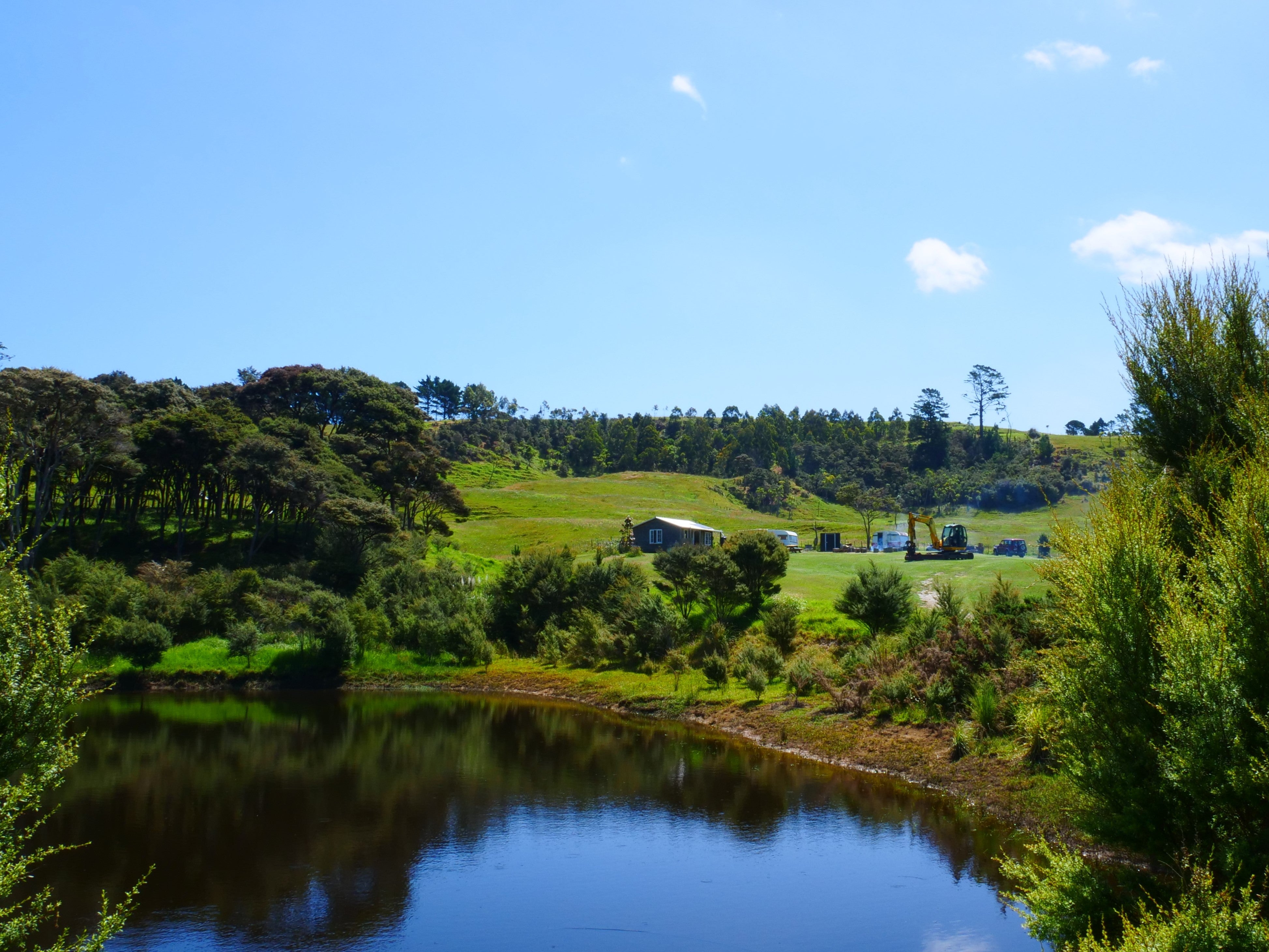With a much drier season expected this summer, it’s important to be prepared for the lack of rainfall we’ll have over the next several months. Some people are lucky enough to have a stream or spring on the property and are not relying solely on rainwater collection, but these can still dry up over summer, so here are some quick tips for conserving water. A lot of this advice will come naturally to most off-gridders, but if you're right at the start of your journey and still learning, hopefully this will help!
Reuse greywater
Capturing and reusing your greywater is a great way to maximise your collected water! If you currently have it set up to filter into the ground, it might be worth redirecting it into collection over summer and watering gardens with it, so you can cut down on how much freshwater you use for things that don't need it.
Everything from shower water to vege-rinsing water can be used again - just make sure any products you use are plant-safe and biodegradable. Even water used for boiling veges and pasta can be reused in the garden.
Some off-gridders will opt for an outdoor shower over summer, and this could be a simple way to manage some greywater collection over this period.
Reducing water used for cleaning
There’s several different ways you can reduce the water you need for cleaning dishes, which will add up if you’re doing them every day – reusing the same water glasses for everyone across one day is simple way to cut down on the dishes in the first place. A dishwasher uses less water than handwashing, but if you are going to be handwashing, fill up the sink with soapy water rather than running the tap.
Running your dishwasher and washing machine less will help too, so try to run these only when you have a full load for maximum efficiency. If you’re used to rinsing dishes before loading them in the dishwasher, stick to just scraping them clean first – not only does it save water, but it’s recommended by most dishwashers as the detergent works better when it can stick to food particles.
Shorter showers
A shower can use a huge amount of water – older style showerheads will use about 19L a minute, and even low-flow/efficient shower heads will still use about 9 litres a minute. You might want to take more showers with the summer heat, so cutting the length of them should keep your water use in check.
If you’re really wanting to cut back, turning the water off while you lather up and then back on for rinsing will make a big difference. And, instead of letting shower water flow to waste while you wait for it to warm up, you can also pop a bucket in the shower to catch the water to reuse!
Consider switching to a composting toilet
A standard toilet uses about 6L of water per flush, and when you’re using it several times a day, one person could easily use about 40L a day just on flushing! You could keep with the classic rhyme (if it’s yellow, let it mellow, if it’s brown, flush it down) to cut down on water, or if you’re really looking to cut down, it’s worth considering a waterless composting toilet. Even if it’s just for the summer months, it could be a great way for you to save water when it’s so limited! Plus, if you’re a keen grower, it’s a source of nutrients for the garden.
Make the most of water in the garden
Watering the garden in the early morning will help you get the most out of your water, because the cooler temperature slows evaporation. You can also reduce the need for more frequent watering by applying mulch around your plants. It helps retain soil moisture by reducing evaporation and will also help to prevent weeds.
Increase your collection area
The best way to avoid running out of water is to have plenty to begin with, so your best bet is to try to capture as much as you can in the rainy spring months. Filling up a tank from a stream (or other natural source) for a gravity feed is a great way to prepare if you have it available.
If you need to rely on rainwater, increasing your collection area might be necessary. For every 1mm of water on 1sqm of collection area, you’ll get 1L of water. How do you know if your collection area is big enough? Multiply the size of your collection area by the expected rainfall to get the litres. Eg 30sqm x 10mm = 300L. How do you work out how big to make your collection area? If you know how much water you want, you can work backwards from average rainfall figures.
Check for leaks
The last thing you want in summer is to waste water because you didn’t know you had a leak, so take a look now at all your taps, pipes, and other water connections to check for water tightness.
-
Not off grid yet but getting ready to take the leap? Check out our 10 tips for preparing to live off grid.


